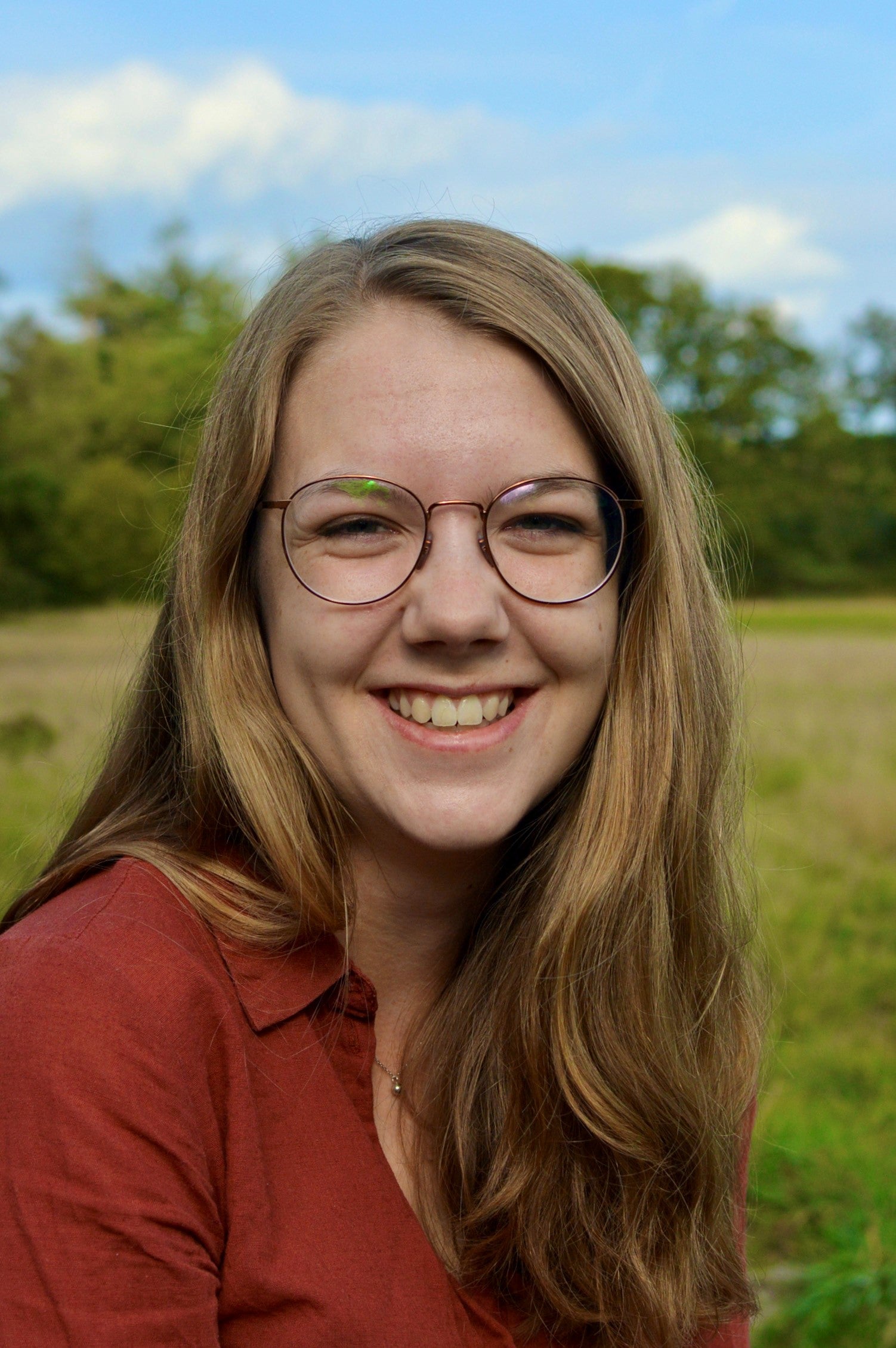The Honours Programme gives Bachelor students of VU Amsterdam the opportunity to give their studies more depth and broaden their horizon beyond their major. Each Honours Programme consists of honours courses of the specific faculty, interdepartmental courses, and a research colloquium. “We were matched on the basis of our research interests, which for me were European politics, and security issues.” Maartje explains. “The research colloquium was the reason I wanted to do the HP in the first place actually.” says Luis. “I submitted a CV and my research interests, which were all over the place. I was lucky to be matched to Dr. Wagner, because it was a very valuable experience.”
Research findings
“We looked at the relationship between the EU, taken mostly from the European parliament, and the United States,” Maartje explains. “We researched the phenomenon of politicization and patterns within that politicization. So: has that transatlantic relationship become more politicized over time?” Luis goes on to explain how they approached this methodologically: “We gathered all these EU Parliament MEPs from 2004 - 2019 and looked at all the votes that had to do with the United States. We then created a database on how all MEPs voted for these policies and modelled those votes on two scales, the traditional left-right dimension, or the ‘GAL-TAN’ dimension, that juxtaposed green/alternative/libertarian parties with traditionalist/authoritarian/nationalist parties.” The study found that an inverse parabolic regression best explained the voting behavior where centrist parties more often vote in line with the US position. The two extremes, whether it was the left or the right, tend to vote more against the US position, following a bell-curve. “We also found that the right usually had more internal disagreement than the left, because each right wing party stands more for their own national standpoints,” adds Luis.
Behind the scenes
In addition to the actual research, both students also gained insight into the process of publishing a paper, from peer-reviews, to editing, and attending conferences. “There’s a lot of behind-the scenes work that is never even published,” Luis notes. “My particular role was mainly [doing] data analysis and data-scrubbing, as well as working on the methodology. It’s tedious work when you have a lot of data points, but it was enriching, for sure. I put into practice a lot of stuff that I learned in statistics. I found that those skills - even though they are kind of repetitive - are ultimately the most useful when I was working outside of school. They were not only useful skills on a day-to-day basis, but also one of the reasons why employers liked me back.” After completing his Bachelor’s, Luis worked with an organization called UN Watch, an NGO monitoring the performance of the United Nations. He is now pursuing a Master’s at the Institute of Development Studies and International Studies in Geneva. He’s not sure yet if he wants to become a researcher, “I do see myself going into consulting perhaps, for which you would also have to write similar reports. Ultimately, I do want to go into the field, because I prefer hands-on work. But this type of work definitely gets the ball rolling.” The research assistantship definitely sparked Maartje’s academic ambitions, who is now in her second year of the research Master’s in Social Sciences at the University of Amsterdam. “I did not have a lot of experience in quantitative research before the HP. Working on the project with professor Wagner, I realized I actually quite enjoyed the process of data processing and analyzing, and I decided I wanted to learn more about it. It’s definitely the reason why I wanted to do a research master’s with a specialization in quantitative research. I’m currently also doing an internship at the statistics and research department at the municipality of Amsterdam. It’s more practical research, and it’s been a really good experience so far, so that would maybe be something I’d be interested in in the future.”
